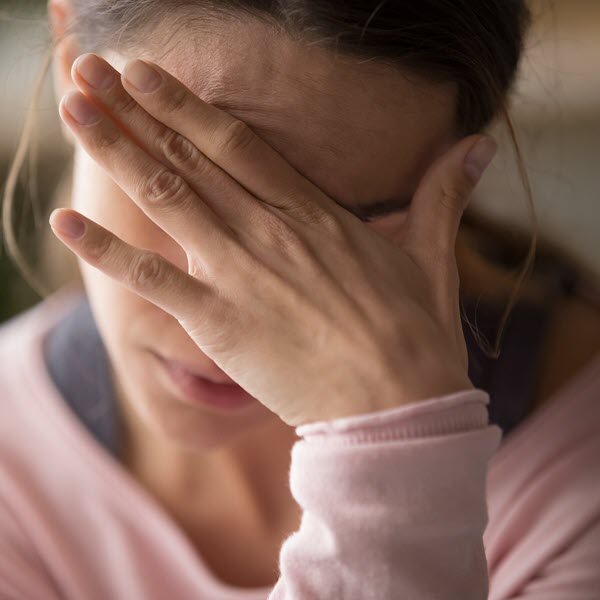Your Ultimate Guide to CBD and Anxiety Clinical Trials
Welcome to your ultimate guide to CBD and anxiety clinical trials. In this comprehensive analysis, we will explore the key factors that impact CBD and anxiety clinical trials, including CBD itself, anxiety disorders, the importance of clinical trials, and various treatment options. By the end of this guide, you will have a deeper understanding of the benefits, challenges, and tradeoffs involved in these trials.
The Role of CBD in Anxiety Treatment
Cannabidiol, commonly known as CBD, is a natural compound found in the cannabis plant. Over the years, CBD has gained popularity as a potential treatment for anxiety disorders. While further research is needed, initial studies suggest that CBD may have therapeutic effects on reducing anxiety and promoting a sense of calmness.
Before diving into anxiety clinical trials, it is essential to understand the different types of anxiety disorders that can be targeted for treatment. These include generalized anxiety disorder (GAD), social anxiety disorder (SAD), panic disorder, and post-traumatic stress disorder (PTSD). Each disorder has unique symptoms and complexities, but CBD has shown promise in addressing anxiety symptoms across the spectrum.
The Significance of Clinical Trials
Clinical trials play a vital role in the advancement of medical research and treatment options. These trials involve carefully planned experiments conducted on human subjects to evaluate the safety and efficacy of a particular intervention, such as CBD in this case.
It is important to note that while CBD has shown potential, clinical trials are necessary to gather substantial evidence and ensure its safety and effectiveness. By participating in these trials, researchers can develop a more thorough understanding of CBD's impact on anxiety disorders, allowing for informed decisions regarding treatment options.
Challenges in Conducting Anxiety Clinical Trials
While anxiety clinical trials are essential, they come with their fair share of challenges. One primary hurdle is the complexity of anxiety disorders themselves. Each individual experiences anxiety differently, making it challenging to develop a one-size-fits-all approach in clinical trials.
Additionally, ethical considerations and legal restrictions can also present obstacles. Ensuring participant safety and consent, adhering to regulatory frameworks, and navigating the legal landscape surrounding CBD usage are critical aspects that researchers must carefully address.
Balancing Factors: Benefits and Tradeoffs
When considering CBD and anxiety clinical trials, it is crucial to weigh the benefits and tradeoffs associated with different approaches. Some benefits may include the potential for reduced anxiety symptoms, improved quality of life, and alternative options for individuals who have not responded to traditional treatments.
However, tradeoffs should also be taken into account. These may include the potential for side effects, the need for long-term monitoring, and the limited availability of standardized and regulated CBD products. It is essential for researchers and individuals considering participation in clinical trials to carefully assess these factors and make informed decisions.
Conclusion
Your ultimate guide to CBD and anxiety clinical trials has provided a comprehensive analysis of the key factors influencing these trials. We have explored the role of CBD in anxiety treatment, the significance of clinical trials, challenges faced in conducting such trials, and the tradeoffs involved in balancing different factors.
It is crucial to remember that while CBD shows promise, more research is needed to fully understand its potential benefits and risks. If you are interested in participating in anxiety clinical trials involving CBD, it is recommended that you consult with a healthcare professional and stay updated with reputable sources of information.
